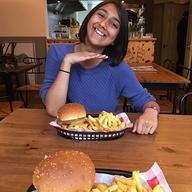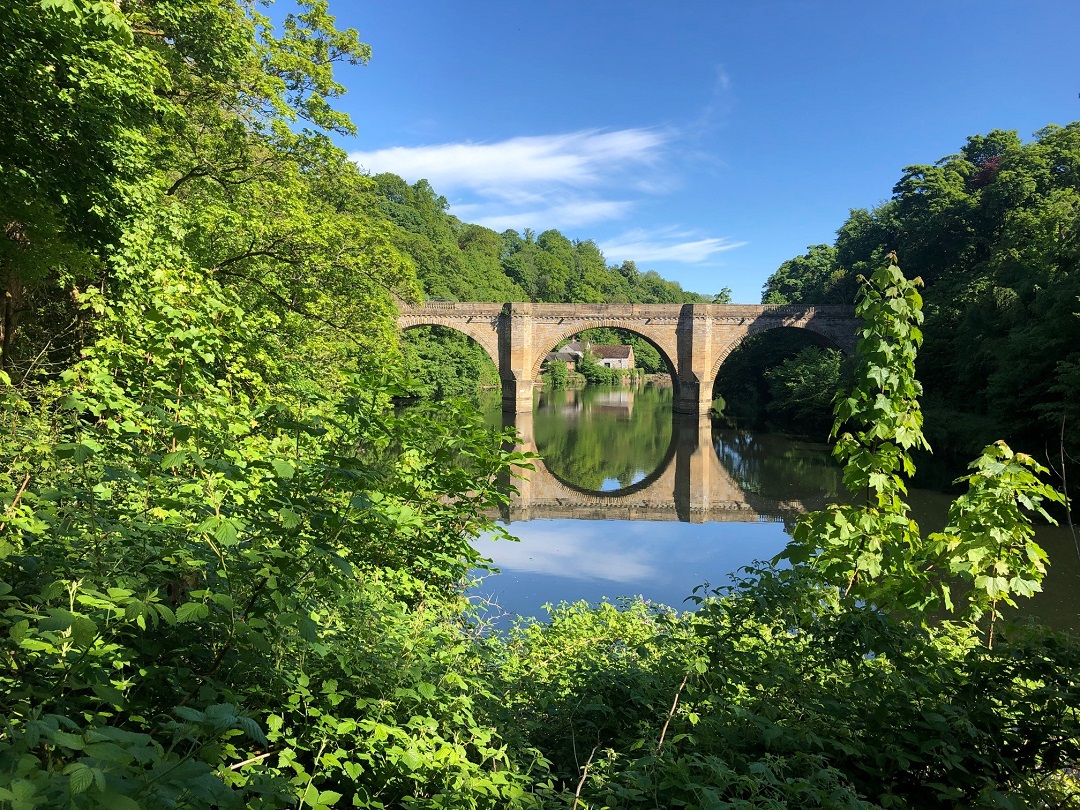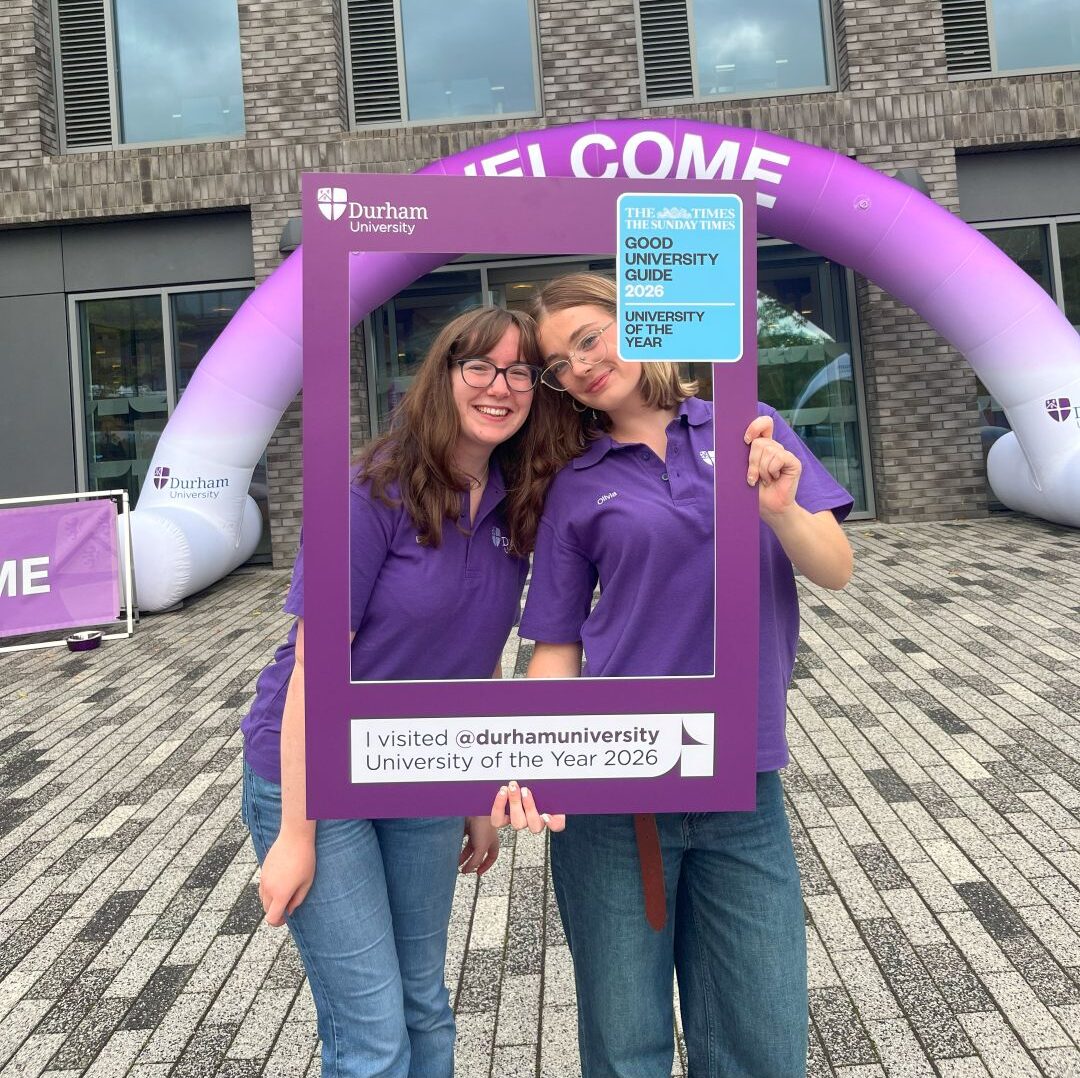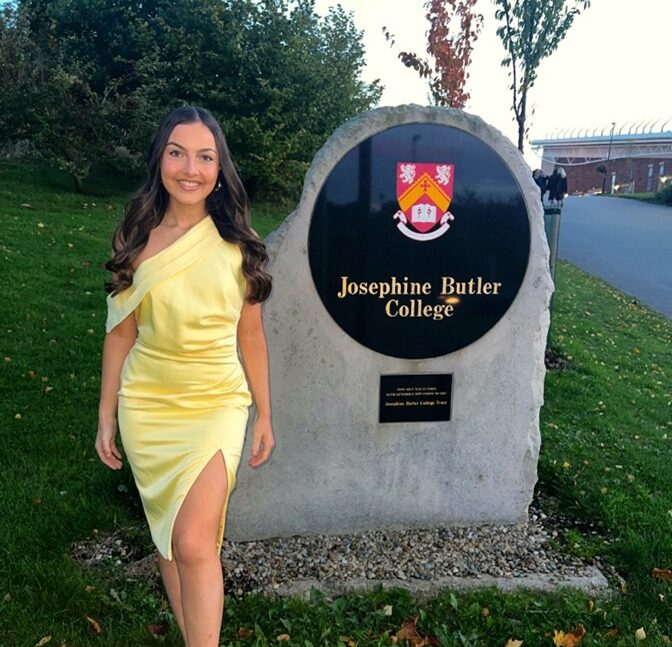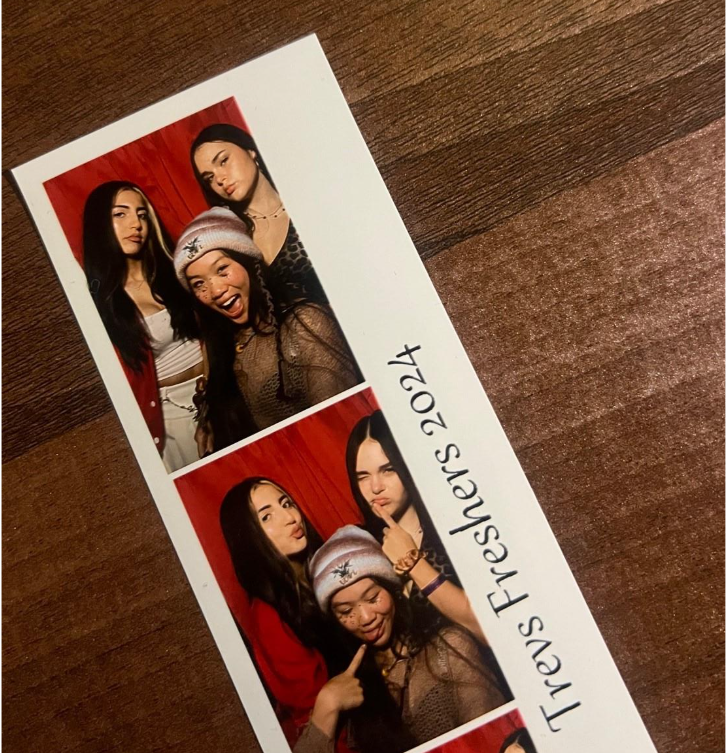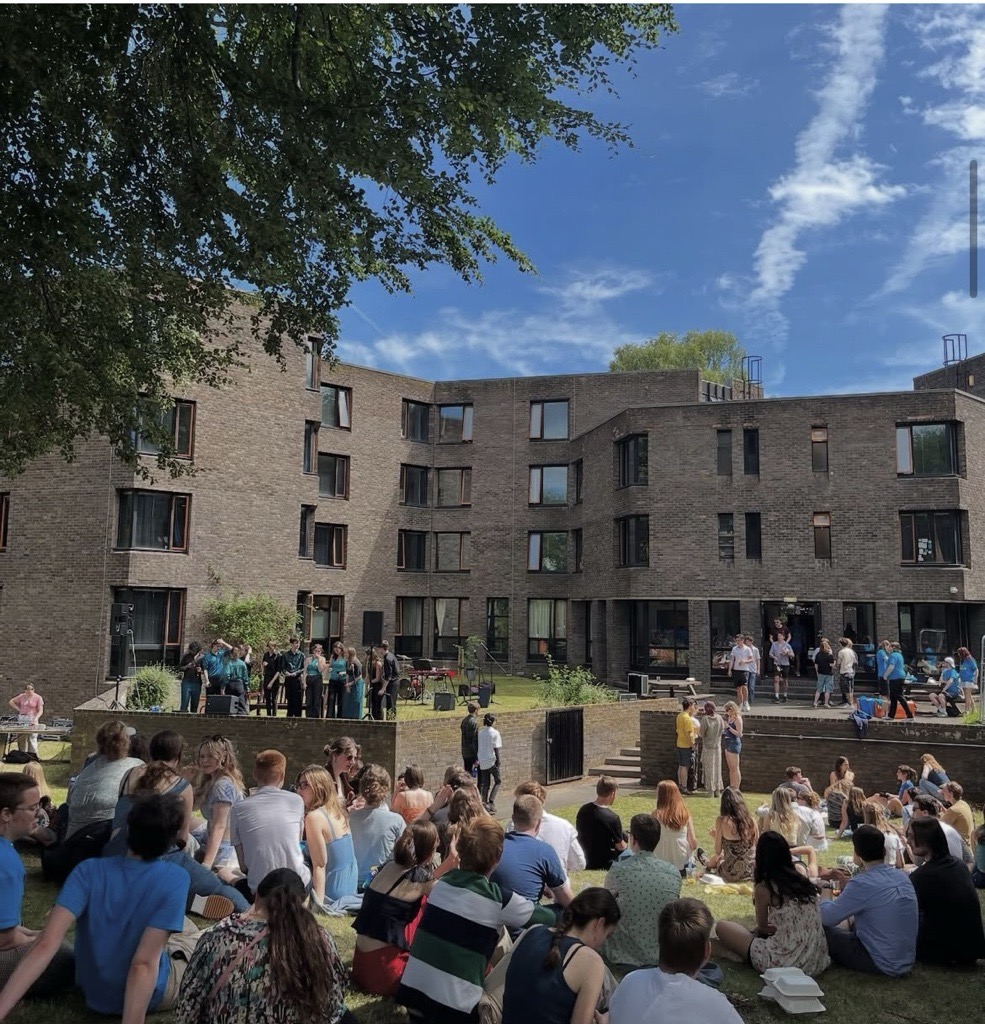Or… How many books should I be reading a week?
In my last blog post, I took a trip down memory lane to address my sixth-form self, and as I’m getting quite a few questions around this time of the year, I thought a great follow up blog would be to talk specifically about how my experiences of studying and learning changed between school and university. Personally, I studied A Levels at school, and some of this will be specific to English Literature – but whatever degree subject you’re interested in, and whichever qualifications you’re taking at the moment, there’ll still be plenty for you to relate to!
…wait, I have more time?
For the first few weeks of university, it took me a while to get used to the fact that I had so much more time! Contact hours (time spent in lectures, seminars and tutorials) can vary depending on your subject, and tend to be fewer for humanities subjects, where you’re expected to do a lot of ‘independent learning’. But I honestly had no idea what this meant at the beginning; I can look back and laugh now as I remember aimless trips to the library and spending a whole lot of time writing out ‘neat’ copies of my lecture notes – I know better now, and by organising my time and looking ahead to what’s coming up, I can use the hours in between contact time to prep for future lectures and group discussions.

This extra time isn’t just for studying, either – Durham puts a lot of emphasis on the balance between ‘work’ and ‘play’, and these free hours can be used for sports training, clubs and societies, socialising with friends, part-time working…the possibilities are really endless! I’m really glad that while I worked hard on my degree in first year, I also used this time to explore other interests from playing Quidditch to joining my college Ball Committee, since I had less time for these activities when my workload increased in second and third year.
Finding what I love
Some people come to university knowing exactly what writers, periods, and genres they’re interested in, but I was not one of those people (and I’m still not, really) – all I knew was that I loved reading and analysing literature. So I really appreciated that one of the biggest differences was coming from having two years to explore a very small selection of texts chosen by my teachers and exam boards, to being offered a huge selection of literature which I could dip into at my own will, along with an eclectic mixture of module choices from ‘Old English’ to ‘Writing Mountains’, and even modules outside of my own degree course.

Something I’ve also heard a lot is the classic question, ‘How many books do you read a week?’, and the honest answer is that it’s completely up to you. Some weeks I’ll do hardly any reading and others I’ll do a lot more; but it won’t always be ‘reading books’, as if I’m planning an essay or preparing for a tutorial, I might just be skimming critical studies and articles about the primary text rather than reading a whole book from start to finish! And although it’s a good idea to come to group discussions having done the reading – which the tutor or seminar leader will usually set in advance – it’s your choice whether you want to read for every lecture. While I’m a keen bean and have sometimes tried to work through the whole lecture list, this is usually the first thing I’ll sacrifice if my workload is getting tough in other areas. My advice is to focus on finding what you love, and spend as much time as possible with the topics or texts that you really enjoy!

Thrown into the deep end – with a float
Coming to Durham, I wanted a challenge, but I was terrified that everyone else would be much smarter than me, and I was reassured immediately by my lecturers and tutors taking lots of time to make sure that everyone was on the same page, especially since everyone has studied so differently prior to university! The great thing about the first year is that, since it doesn’t count towards your final degree mark, you’ve got plenty of time to adjust. I was recently talking to my housemates about how none of us really knew the ‘right way’ to write an essay when we got started, and I’m glad that we were given lots of feedback on our work through formative essays, so that we could develop our own styles and learn that there are lots of different ways to produce great work.
Of course, there’s plenty of guidance that your tutor and academic advisor will be happy to offer you – but I loved the initial challenge of finding my own feet while knowing I had the safety net of first year before my marks started to ‘count’. I would definitely recommend using this time to be creative and adventurous, and to pay more attention to the feedback than the marks – I was so glad to get away from specifications and mark schemes and really fall in love with writing essays in my own, unique way!
To build your personalised prospectus click here.
Follow our students on Instagram and YouTube.

Sunita Ramani
Hi I'm Sunita & I graduated from Durham with an English degree a little while ago. I now work for Greenhouse a specialist communications and PR agency dedicated to driving positive social and environmental change.


